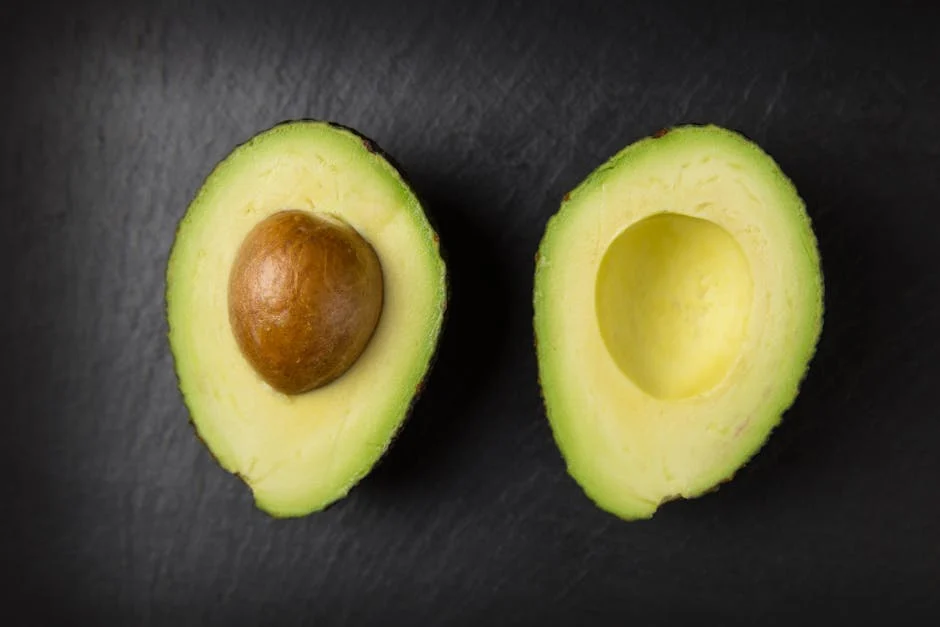Introduction
Thyroid disorders, such as hypothyroidism and Hashimoto’s thyroiditis, affect millions worldwide. While medication is often necessary, diet plays a crucial role in managing symptoms and supporting overall thyroid health. The Paleo diet, with its emphasis on whole, unprocessed foods, has gained popularity as a potential dietary approach for those seeking to manage their thyroid conditions naturally, without relying solely on excessive supplementation.
The Paleo Diet and Thyroid Health
The Paleo diet mimics the eating habits of our Paleolithic ancestors, focusing on nutrient-dense foods and eliminating grains, legumes, dairy, and processed ingredients. Its potential benefits for thyroid health stem from its anti-inflammatory nature and its emphasis on key nutrients essential for optimal thyroid function.
Understanding the Paleo Diet’s Core Principles
- Focus on Whole Foods: Prioritizes lean meats, fish, poultry, fruits, vegetables, nuts, and seeds.
- Elimination of Processed Foods: Excludes refined sugars, processed oils, and artificial additives.
- Grain and Legume Restriction: Avoids grains like wheat, rice, and corn, as well as legumes like beans and lentils.
- Dairy Exclusion: Typically excludes dairy products like milk, cheese, and yogurt.
Key Nutrients for Thyroid Function, Available in Paleo Foods
Certain nutrients are vital for thyroid hormone production and conversion. The Paleo diet can be a good source of these key players:
- Iodine: Essential for the production of thyroid hormones T4 and T3. Sources include seafood (fish, shellfish, seaweed).
- Selenium: Acts as an antioxidant and plays a role in the conversion of T4 to the more active T3. Sources include Brazil nuts, tuna, and eggs.
- Zinc: Involved in thyroid hormone synthesis and conversion. Sources include beef, pumpkin seeds, and shellfish.
- Iron: Necessary for thyroid peroxidase (TPO), an enzyme crucial for thyroid hormone production. Sources include red meat, leafy green vegetables, and poultry.
How the Paleo Diet May Help Manage Thyroid Disorders
The Paleo diet’s potential benefits for thyroid health are linked to its anti-inflammatory properties and its contribution to nutrient adequacy.
- Reduced Inflammation: By eliminating processed foods, grains, and legumes (potential allergens for some), the Paleo diet may help reduce inflammation throughout the body, potentially mitigating the autoimmune response in conditions like Hashimoto’s.
- Improved Gut Health: The emphasis on whole, unprocessed foods and the elimination of common gut irritants may promote a healthier gut microbiome, which is increasingly recognized as playing a role in thyroid health.
- Stabilized Blood Sugar Levels: The Paleo diet’s lower carbohydrate content and focus on whole foods can help stabilize blood sugar levels, which can indirectly impact thyroid function.
Potential Considerations and Modifications for Thyroid Patients
While the Paleo diet can be beneficial, certain considerations are important for individuals with thyroid disorders:
- Goitrogenic Foods: Some Paleo-friendly foods, such as cruciferous vegetables (broccoli, cauliflower, kale), contain goitrogens, which can interfere with thyroid hormone production. However, cooking these vegetables significantly reduces their goitrogenic effect. Moderation is key.
- Iodine Intake: Ensure adequate iodine intake through dietary sources like seafood. Consider using iodized salt cautiously, but prioritize food-based iodine.
- Individual Tolerance: Pay attention to how your body responds to different foods. Some individuals may need to modify the Paleo diet to accommodate specific sensitivities or allergies.
- Working with a Healthcare Professional: Always consult with your doctor or a registered dietitian before making significant dietary changes, especially if you have a thyroid condition. They can help you tailor the Paleo diet to your individual needs and monitor your thyroid function.
- Supplementation Awareness: While the goal is to reduce reliance on excessive supplementation, some individuals may still require certain supplements (e.g., Vitamin D, Selenium) based on their specific blood test results and medical history. This should be determined in consultation with a healthcare professional.
Conclusion
The Paleo diet, with its focus on whole, unprocessed foods and elimination of potential inflammatory triggers, may offer a supportive dietary approach for managing thyroid disorders. By prioritizing nutrient-dense foods rich in iodine, selenium, zinc, and iron, the Paleo diet can contribute to improved thyroid function and overall well-being. However, it’s crucial to be mindful of potential goitrogenic foods, ensure adequate iodine intake, and work closely with a healthcare professional to tailor the diet to your individual needs and minimize the need for excessive supplementation. The Paleo diet is not a cure, but a potential tool to support thyroid health within a comprehensive management plan.
